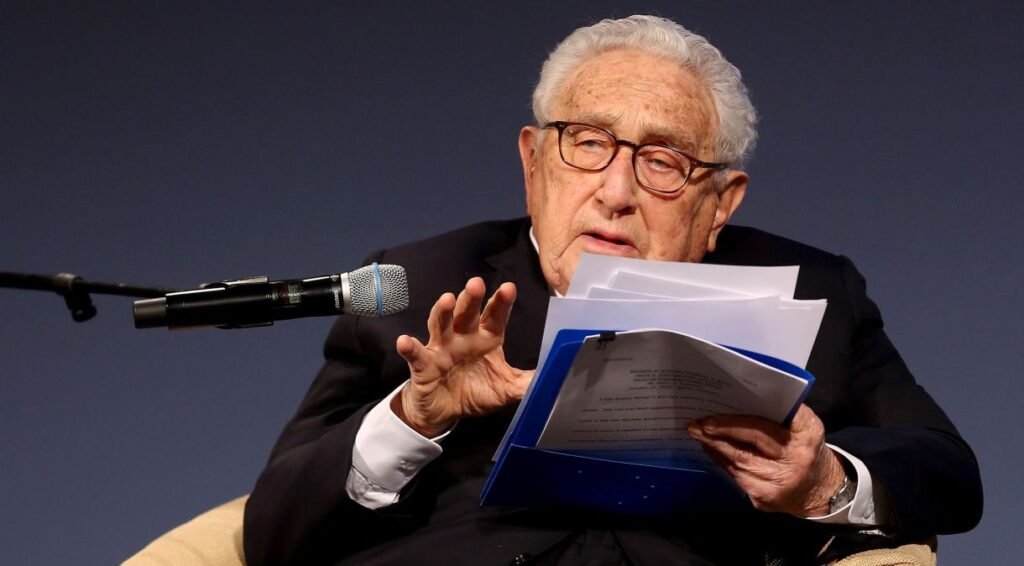The Pragmatic Mind Of Henry Kissinger: A Distinctive Takeaway


Last year, I had the opportunity to participate in a conference at Ditchley Park, a stately mansion in Oxfordshire, England, which has gained recent recognition as the setting for the residence of the Foreign Secretary in Netflix’s ‘The Diplomat.’
During my stay, I was assigned to the ‘Henry Kissinger room’—a space that once hosted the eminent diplomat as he debated the intricacies of nuclear deterrence with former Secretary of State Dean Acheson in 1963. Pausing to read a framed letter written by Kissinger on the room’s wall, I found myself reflecting on the profound and enduring legacy left by this late statesman.
Numerous biographies have dissected Henry Kissinger’s life, offering a wide spectrum of perspectives. From glowing appraisals to harsh critiques carrying accusations of war crimes, these accounts will undoubtedly fill the pages of countless opinion pieces and eulogies in the days and weeks to come.
Among them, one of the most interesting I’ve read is Niall Ferguson’s ‘Kissinger: 1923-1968: The Idealist.’ This biography, capturing a phase of Kissinger’s life before he assumed the role many would come to know him for, challenges the prevailing perception of him as the quintessential pragmatist in politics and diplomacy. Perhaps he was, at best, a kind of ‘pragmatic idealist.’




